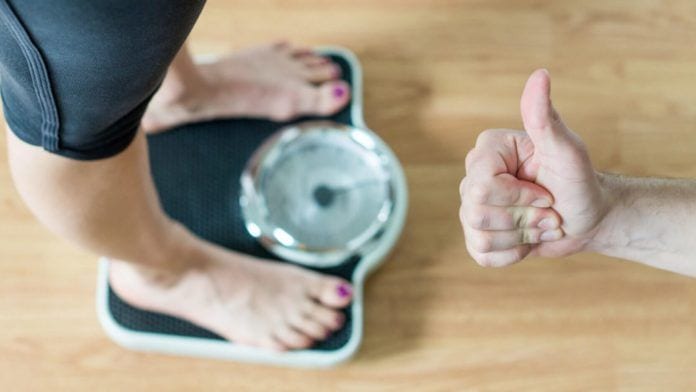Losing weight takes a lot of time, effort and dedication. But what if there were some ways that you could lose weight by making super small, easy changes? Below are some evidence-based weight loss techniques that require very little effort.
More from Best of NJ
Eat slowly
A recent study on nearly 60,000 Japanese men and women found that people who ate quickly were much more likely to be obese than people who ate slowly. One possible explanation is that those who eat quickly continue eating even after they have consumed an adequate amount of calories.
This study doesn’t prove that reducing your eating speed will lead to weight loss. But there is certainly no harm in eating slowly, so why not give it a try?
Don’t subtract…add!
If you have been trying and failing to resist junk food, it may be time to try a different strategy. Instead of restricting unhealthy foods, add healthy foods.
A 2008 study found that when women added three apples or three pears to their daily diet, without actively making any other changes, they actually lost weight. This likely happened because the fruit made them feel full, even though they were consuming less calories.
For some people, adding more food is much easier than restricting it. Try adding more fruits and vegetables to your diet without making any other changes, and see if your weight goes down.
The 12-hour eating window
Multiple studies have tested the effectiveness of a time-restricted diet in mice. When two groups of mice are given the exact same amount and type food each day, but one group is restricted to a 9- or 12-hour eating window while the other has 24-hour food access, the time-restricted group will be slimmer and healthier.
This intervention has yet to be scientifically tested in humans, but many humans are already using this technique (often called intermittent fasting) and anecdotal claims of success abound.
Get more sleep
A 2013 study of 23 healthy young adults found that junk food cravings were much stronger when the participants were sleep deprived. Another study done in 2004 on 12 healthy men found that sleep deprivation increased levels of the hormone ghrelin, which makes you feel hungry, and decreased levels of the hormone leptin, which makes you feel full.
These studies had very small samples, so they are limited in their ability to extrapolate to the general population. But there is certainly no harm in getting more sleep, and it might just make stop your junk food cravings.
Note that everyone’s weight loss journey and process is different. Certain techniques may work for certain people while others won’t. But if you’re stuck and looking for new ideas, give some of these a try.
Hero (Top) Feature Image: © terovesalainen / Adobe Stock












